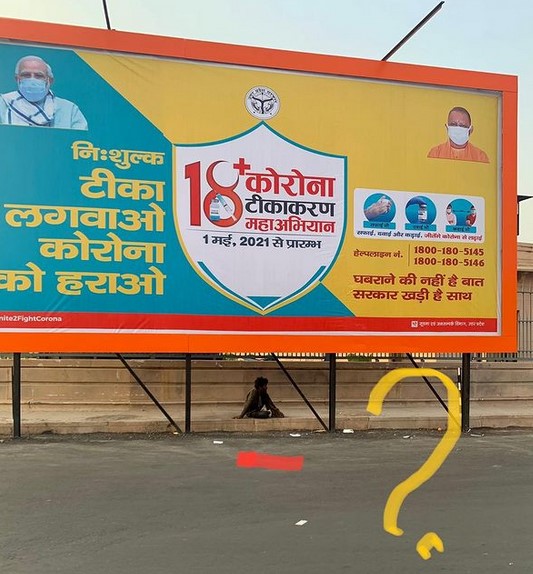Pandemic treaty talks resume amidst lurking corporate pressure
SHOBHA SHUKLA - CNS

Pandemic treaty must ensure among other key actions that profiteering from illness stops
(Image by CNS) Details DMCA
Unless profiteering from illness stops, corporations that are becoming richer even during disasters and pandemics will continue to pressure governments to not advance pro-people policies. 'Normalization' of minting unbridled profits from illness is one of the reasons why health and social welfare programmes have failed to deliver equitably. Extractive industries and those that siphon of natural resources for profits of a few (while billions of people suffer devastating impacts of climate emergencies) also need to be held to account if we want treaties like the Pandemic Treaty to work in letter and spirit.
Corporate accountability needs to be the lynchpin to advance progress on treaties like the pandemic treaty. Also, it is no less important to ensure United Nations agencies remain free of conflict of interest of any kind.
COVID-19 pandemic not only exposed how ill-prepared we were to respond to a public health emergency but also showed if governments fail to address corporate capture of public policy, we will not be able to respond equitably, thereby making us all vulnerable in face of any crisis.
Talks resumed earlier this week around the World Health Organization's (WHO) pandemic treaty. At topic: a newly-published working draft of the treaty around which negotiations will center. And the draft is expected to prompt discussion both around the important issues it does address (ex. equity, financing, One Health) and those it notably does not, like corporate political interference.
Civil society is imploring the WHO and governments' representatives to, in the treaty text, explicitly rebuke this interference; this with the private sector's role in blocking vaccines from reaching low- and middle-income countries yet a fresh reminder of how commercial interests can circumvent public health policy.
"This isn't a theoretical exercise. The very industries the International Negotiating Body (INB) would welcome into the pandemic treaty process, have and continue to block vaccines and medications from reaching millions of people globally, whose health or lives could otherwise be spared," said Daniel Dorado, director of policy organizing and tobacco campaign at Corporate Accountability.
Ironically, WHO leadership and delegates have repeatedly heralded the only existing global health treaty, the Framework Convention on Tobacco Control (FCTC), as a model for the new pandemic treaty. Experts attribute the success of the FCTC to its strong safeguards against industry interference. Yet consultations with those intimately familiar with the FCTC and its safeguards have to date been limited.
"The only other international health treaty has and will save millions of lives. It's done so by setting clear rules for corporate engagement. It's time for negotiators to pay more than lip service to this model treaty," said Dorado.
(Note: You can view every article as one long page if you sign up as an Advocate Member, or higher).





